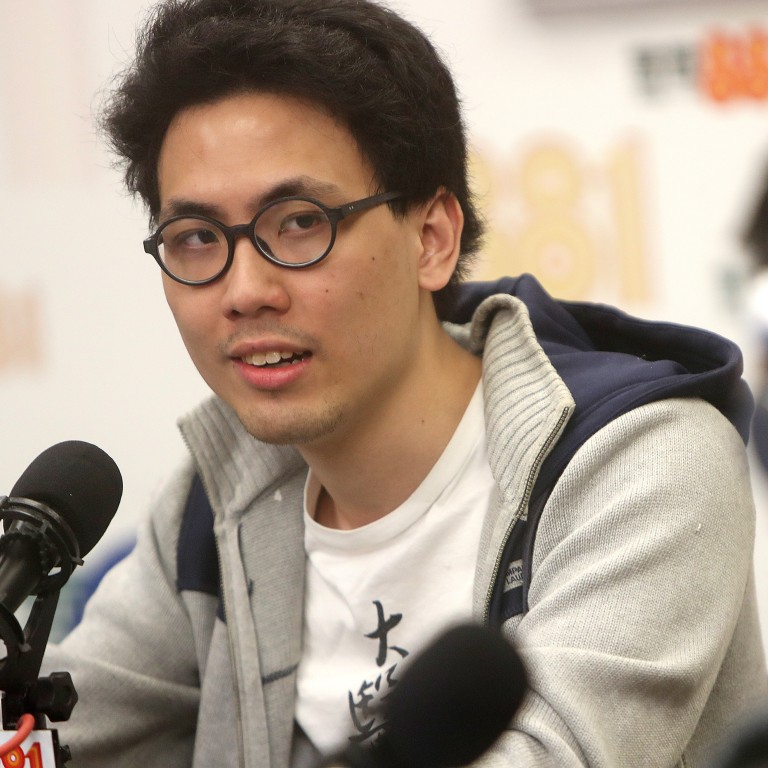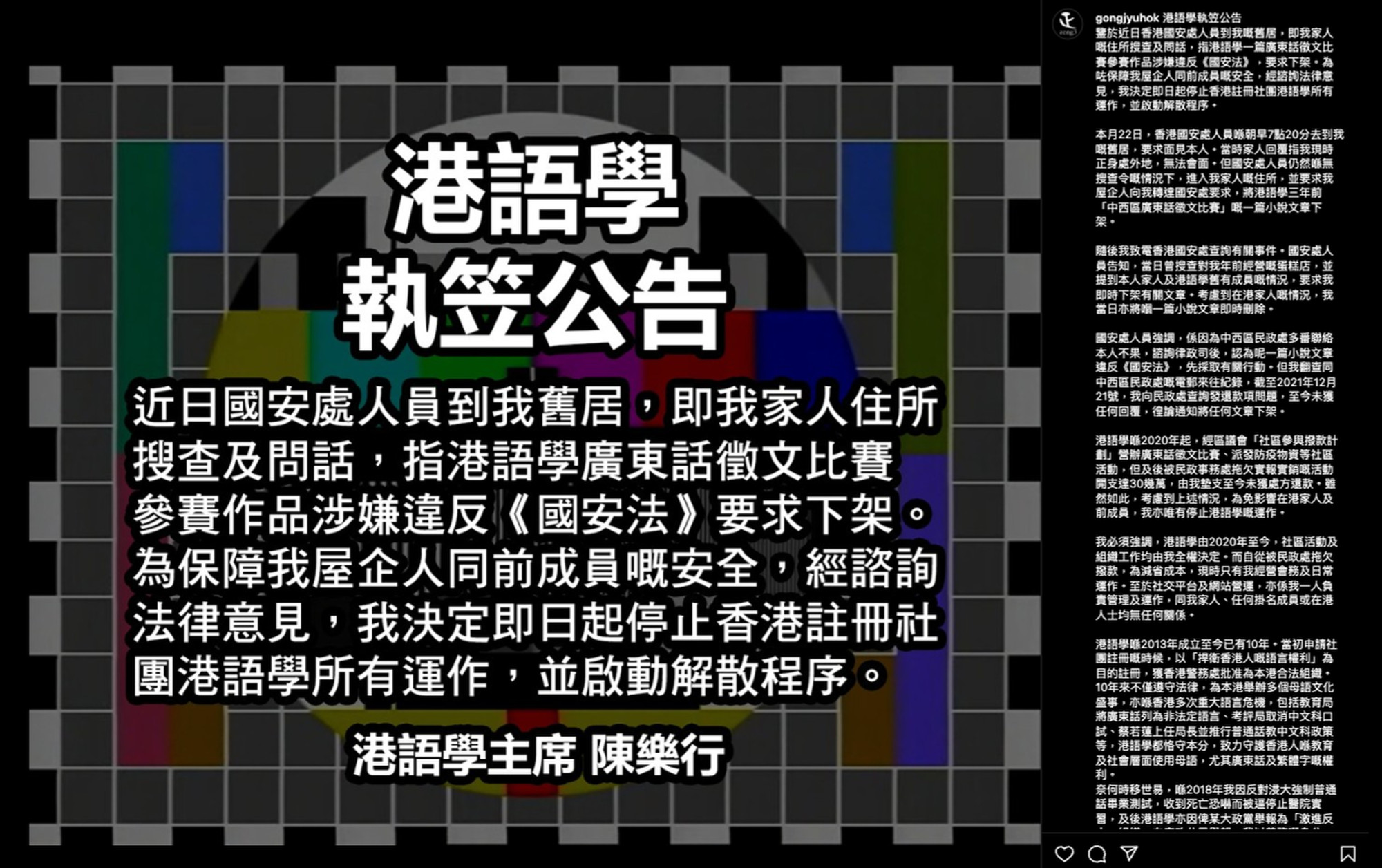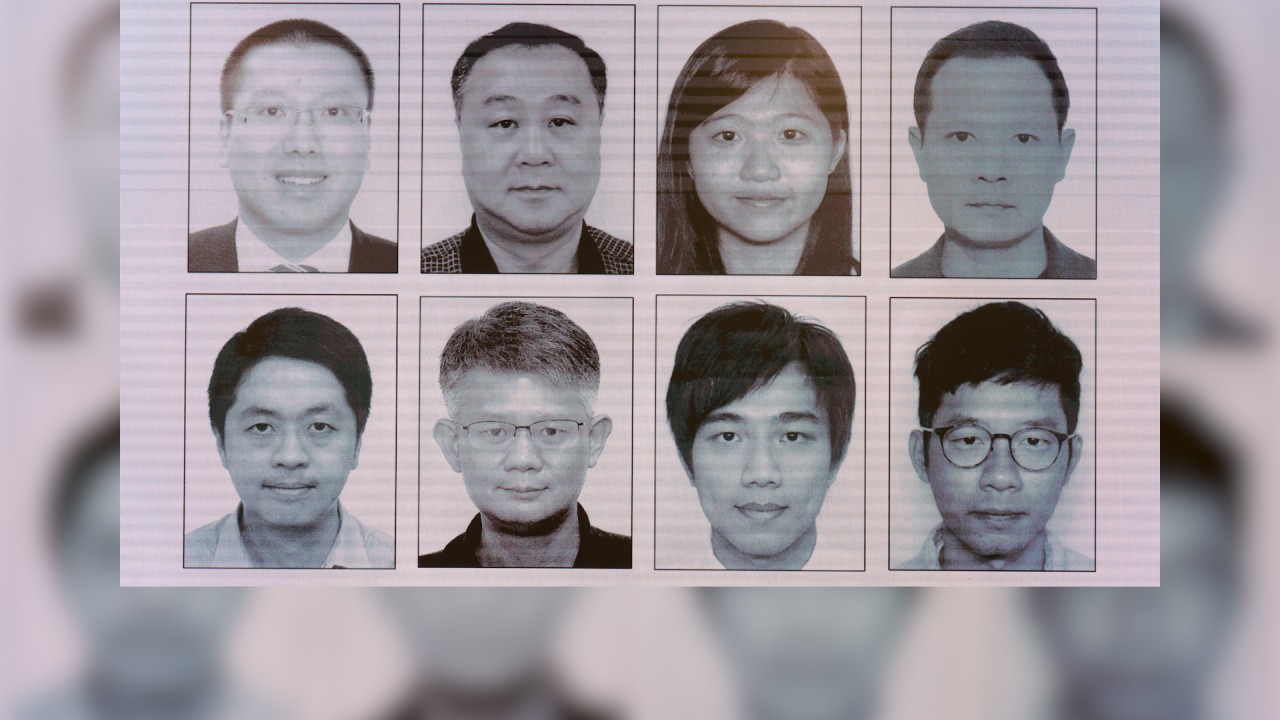
Founder disbands Cantonese-language advocacy group in Hong Kong after national security police visit father, warn about essay posted online
- Andrew Chan, chairman of Societas Linguistica Hongkongensis, says five officers from National Security Department raided his father’s flat last week
- Chan says he took down essay immediately after raid and began procedures to fold group he founded 10 years ago
The founder of a group set up to promote Cantonese in Hong Kong has said he disbanded it after national security police raided his father’s home and threatened to issue an arrest warrant for him if a competition-winning essay from 2020 was not removed from the internet.
Andrew Chan Lok-hang, chairman of Societas Linguistica Hongkongensis, told the Post on Monday that five officers from the police force’s National Security Department raided his father’s flat without a search warrant last week.

Chan, 28, said he took down the essay immediately after the raid and began procedures to fold the advocacy group he founded 10 years ago and which had already been inactive for two years.
“I had to do it to avoid further harassment to my family,” Chan said. “They should have notified me via phone or social media in asking for the removal of the article they deemed problematic – but not to question my dad who knew nothing.”
Hong Kong national security police question brothers of wanted activist Anna Kwok
The Post obtained a copy of the essay, called “Our Times” written by Siu Ga, which internet users have archived.
It is about a conversation set in 2050 in Central district, with a man saying his mother fled Hong Kong for Britain and later died after “inhaling too much tear gas made in China”.
It also said that in 2025, the government “suppressed religious freedom” and demolished churches if followers refused to join “patriotic churches”.
The essay was one of the winning entries in a 2020 competition run by the group and funded by the Central and Western district office.
Chan said that, at the time, home affairs officials were against the group’s plan to publish it and 10 other articles on the grounds of “affecting community harmony”.
“[Authorities] never mentioned its possible threats to national security until recently,” he said. “By far, I have no idea how it could breach the law.”
Hong Kong security chief slams ‘art’ threats, doesn’t confirm if sculptor wanted
In announcing the disbandment of the group on social media on Monday, Chan wrote that he contacted national security police, who told him the Department of Justice agreed about the possible violations.
Police said all operations were conducted in accordance with the law and actual circumstances, without confirming whether the raid took place.
Chan was among a group of students suspended by Baptist University in 2018 after a protest against a new Mandarin examination mechanism and occupying a language centre.
He studied the Chinese medicine bachelor’s programme, but was unable to finish because he was refused entry to mainland China to complete his mandatory internship requirement in hospitals there.
Chan said that when he attempted to travel to the mainland with his father earlier this year, his home return permit – a travel document issued by authorities across the border – was “cut up” with scissors by a mainland immigration officer at the West Kowloon terminus before he could board a high-speed train.


